Summer is always famous for impulse spending. Giant margarita-shaped pool float? Yes! Add a year of no travel and no social gatherings, and impulse spending is a total double-whammy in 2021. All those events that were canceled in 2020 seem to be happening all at once now. We are making up for lost time, but with summertime spending in full swing, bouncing back into the social world can easily mean overcorrecting and impulse buying. Here’s how to deal with impulse spending so that you can protect your financial future and still have fun.
Why Impulse Buying Happens and What You Can Do About It
Emotional spending! Yes, it’s a thing. Or, maybe that bounce-back effect has you ready to buy whatever you need to emerge victorious from your quarantine cocoon. It feels good…But is it necessary to spend it all right now?
Millennials are more likely to spend more money than necessary on new gadgets and clothing. In Charles Schwab’s Modern Wealth Index, 76% of millennials stated that they would spend money on novel technology products; 69% reported that they’d buy clothes they didn’t actually need.
Plus, we rebound as we unravel ourselves out of pandemic mode. Many people found that saving money during 2020 was a cautious response during times of uncertainty, which is very natural. With everything opening up more, the expenditures crank back on, and sometimes even in doubletime to make up for lost time over the last year. After all, it’s exciting to be able to travel again, go to concerts again, and socialize with the world. But be careful – because impulse buying can derail your finances if you let it get out of hand. Especially if you are relying on credit cards to make it happen.
How to Outsmart Impulse Buying in 2021
Impulse buying is fun, and if you have the money (other than finding it under your bed in a year because you really didn’t need it), you probably won’t hate yourself for the impulse buy. And, as long as you have a clear picture of your spending priorities (which so many of us don’t), we can allow ourselves to be present in the moment. Having worked with hundreds of impulse buyers in my career, what I know to be true is that your impulse purchases are hurting you in more way than one.
Stay alert and outsmart impulse buying before it goes from good, to bad, to uh oh! To do this, set aside an impulse spending cap. It might sound oxymoronic to plan for impulse spending, but hear me out. Bake that feel-good purchase right into your financial structure by setting a limit (and sticking to it). This works and is a great way to stay in control. The truth is that if you’re genuinely wired to be an impulsive person (not just with finances), you will need some freedom or you’ll feel like you’re being strangled. This is why budgets may never work for you! Wait, did I just tell you that you can spend money freely? YEP. I sure did…but you’ve got to have clarity of your money. No surprise hearing that from me, right?
Emotional and impulse spending thrive on convenience, but there are a few ways to place a few speed bumps on the path between your wallet and your impulse. When shopping online, 69% of millennials will make an impulse purchase, so you know what I’m talking about. To stop the impulse (or atleast make you think about it longer), remove your credit card info from your frequently shopped sites. This forces you out of your chair, and a chance to think over if you really gotta have this purchase on the way to your wallet.
Another rock-solid tip? Make a list when you go shopping…and stick to it. I can’t tell you the number of times I have gone to Target for something small, spent $100, and walked away with everything but the item I went for! Just say no to the throw pillows on your way to the toothpaste aisle (you don’t need it although it really really would look so good on your bed), and maybe even consider automating some of your regular purchases so they are delivered to your front door.
Filling Your Inner Needs
Enjoyment doesn’t always come from spending money. Oftentimes, it’s what the money brings – time with family, friends, and time doing things we love. Emotional and impulse spending can be a crutch, the kind of crutch that starts to hurt after a while. This is where we hit the “Uh-Oh” point – sometimes the crutch can take over. Explore your motivations, track your spending, and find out what you’re missing so that you can approach it from a more productive ange.
Spending money without the impulse, and still loving everything you purchase, is totally possible! Tracking your spending can be a big step in the right direction. But support is so important to making money changes that last. If you are looking for help getting your $hit together or learning how to invest the money you have, join my tribe and take my Money Mindset Prep course today.
